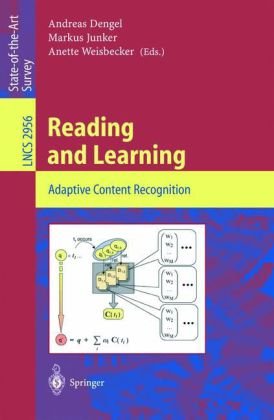

Most ebook files are in PDF format, so you can easily read them using various software such as Foxit Reader or directly on the Google Chrome browser.
Some ebook files are released by publishers in other formats such as .awz, .mobi, .epub, .fb2, etc. You may need to install specific software to read these formats on mobile/PC, such as Calibre.
Please read the tutorial at this link: https://ebookbell.com/faq
We offer FREE conversion to the popular formats you request; however, this may take some time. Therefore, right after payment, please email us, and we will try to provide the service as quickly as possible.
For some exceptional file formats or broken links (if any), please refrain from opening any disputes. Instead, email us first, and we will try to assist within a maximum of 6 hours.
EbookBell Team

5.0
98 reviewsThe amounts of information that are ?ooding people both at the workplace and in private life have increased dramatically in the past ten years. The number of paper documents doubles every four years, and the amount of information stored on all data carriers every six years. New knowledge, however, increases at a considerably lower rate. Possibilities for automatic content recognition in various media and for the processing of documents are therefore becoming more important every day. Especially in economic terms, the e?cient handling of information, i.e., ?- ing the right information at the right time, is an invaluable resource for any enterprise, but it is particularly important for small- and medium-sized ent- prises. The market for document management systems, which in Europe had a volume of approximately 5 billion euros in 2000, will increase considerably over the next few years. The BMBF recognized this development at an early stage. As early as in 1995, it pooled national capabilities in this ?eld in order to support research on the automatic processing of information within the framework of a large collaborative project (READ) involving both industrial companies and research centres. Evaluation of the results led to the conclusion that research work had been successful, and, in a second phase, funding was provided for the colla- rative follow-up project Adaptive READ from 1999 to 2003. The completion of thesetwoimportantlong-termresearchprojectshascontributedsubstantiallyto improving the possibilities of content recognition and processing of handwritten, printed and electronic documents.